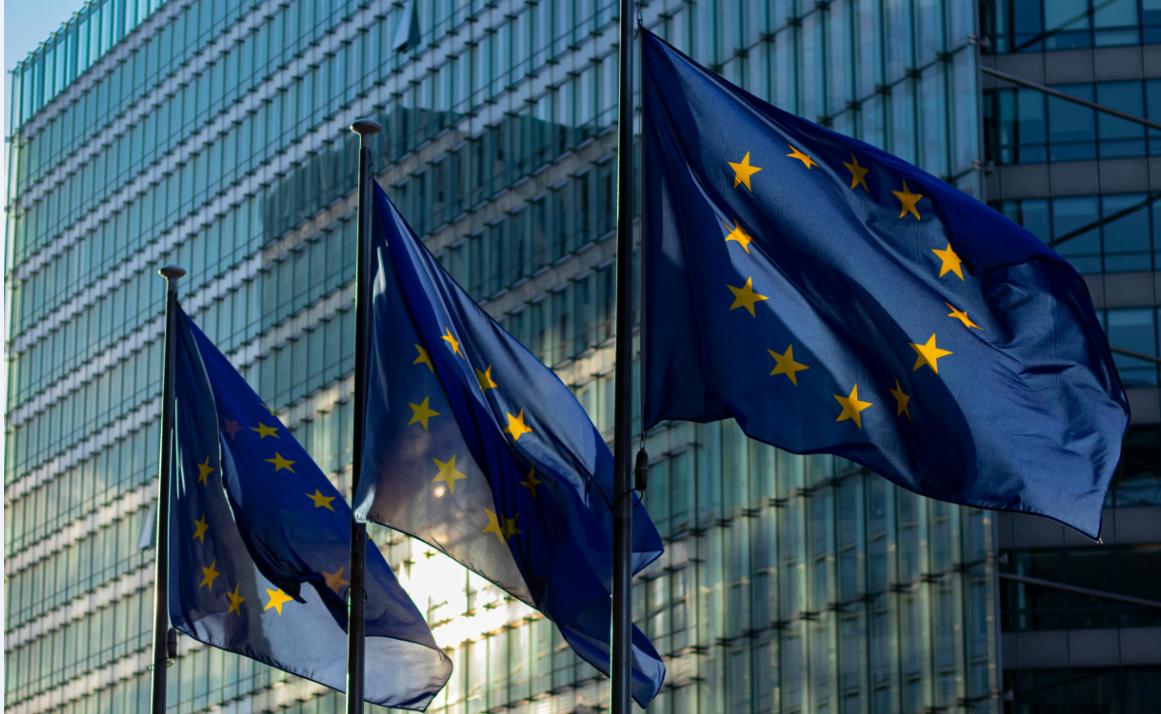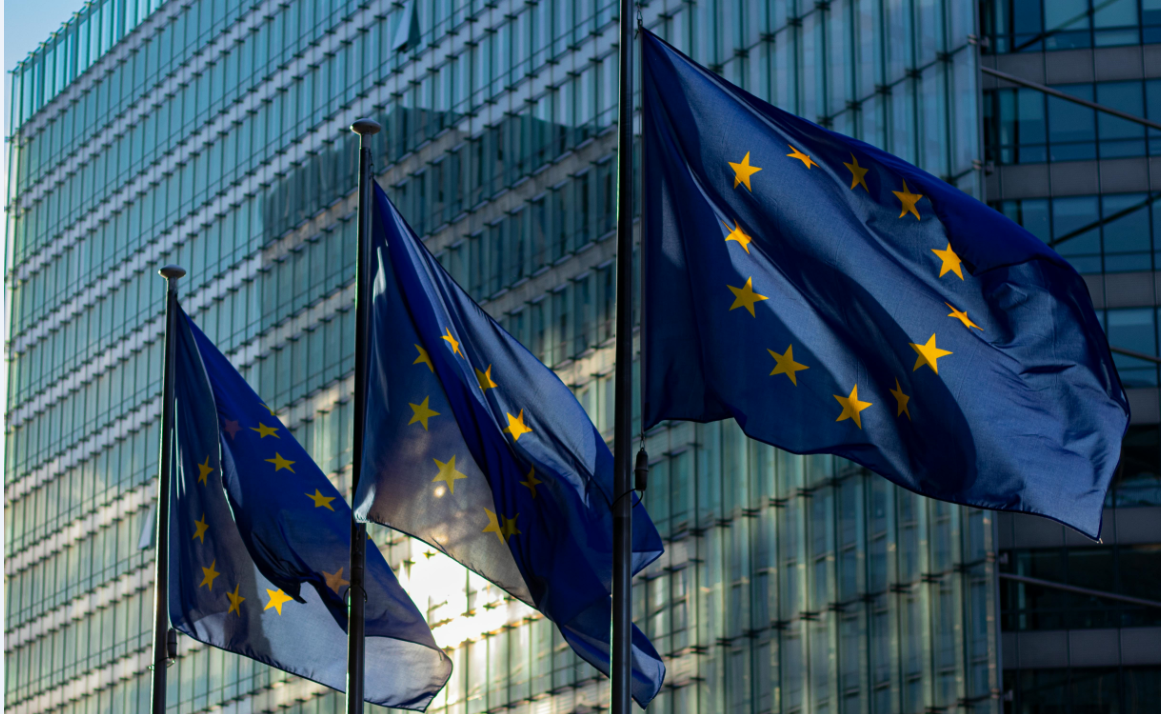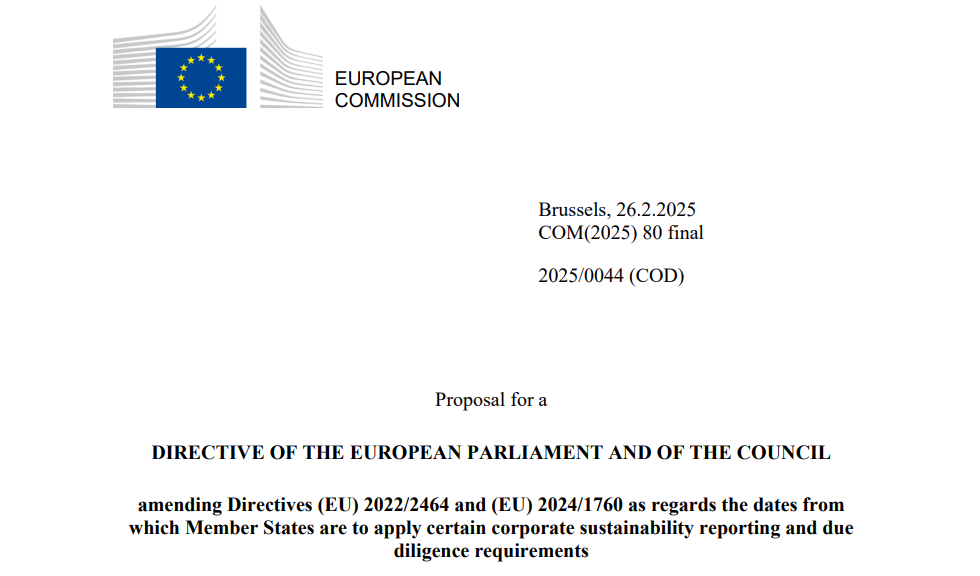EU Parliament Adopts Changes to Reporting and Due Diligence Requirements
The European Parliament has advanced revisions aimed at simplifying sustainability reporting and due diligence obligations. The updated approach introduces reduced requirements for large companies while seeking to ease administrative burdens.

The European Parliament has adopted its negotiating position on a key set of amendments aimed at simplifying sustainability-reporting and due-diligence obligations for businesses. With 382 votes in favour, 249 against and 13 abstentions, the Parliament endorsed reduced duties concerning both social and environmental disclosures and corporate responsibility obligations.
Under the revised approach, sustainability reporting would apply to companies “employing on average over 1 750 employees and with a net annual turnover of over €450 million”. Only those entities falling within this scope would also be required to provide disclosures under the EU Taxonomy Regulation. Reporting standards would be streamlined: fewer qualitative details would be required and sector-specific reporting would become voluntary. Furthermore, smaller companies would be safeguarded from downstream demands for additional information by their large business partners beyond those set out in voluntary standards.
Narrower Scope for Due Diligence
The reform also addresses corporate due-diligence requirements. The new threshold would limit obligations to corporations with over 5 000 employees and a net annual turnover exceeding €1.5 billion. These very large enterprises would be expected to adopt a risk-based approach to identify and monitor their adverse impacts on people and the planet. Importantly, rather than systematically requesting information from smaller business partners, these companies would rely on information already available and would only make further requests to smaller partners as a last resort.
Removal of Transition-Plan Obligation and National Liability
Under the proposed changes, corporations within the due-diligence scope would no longer be required to prepare a transition plan to align their business model with the Paris Agreement. Liability for non-compliance with due-diligence obligations would become a matter handled at the national level rather than via an EU-wide enforcement regime, and companies would be required to fully compensate victims for damages.
Support Measures: Digital Portal for Businesses
To assist companies in navigating the evolving regulatory environment, the Parliament’s position calls for the establishment of a digital portal. This portal would give businesses free access to templates, guidelines and information on all EU reporting requirements and would complement the existing European Single Access Point.
Next Steps and Broader Context
Negotiations between the European Parliament and the EU Member States are scheduled to begin on 18 November 2025, with the objective of finalising the legislation by the end of 2025. The changes form part of the broader “Omnibus I” simplification package, proposed by the European Commission on 26 February 2025, which aims to ease administrative burdens and enhance the competitiveness of EU businesses.


